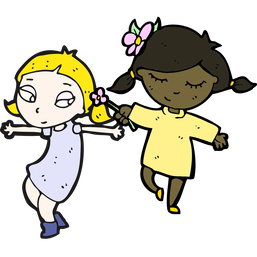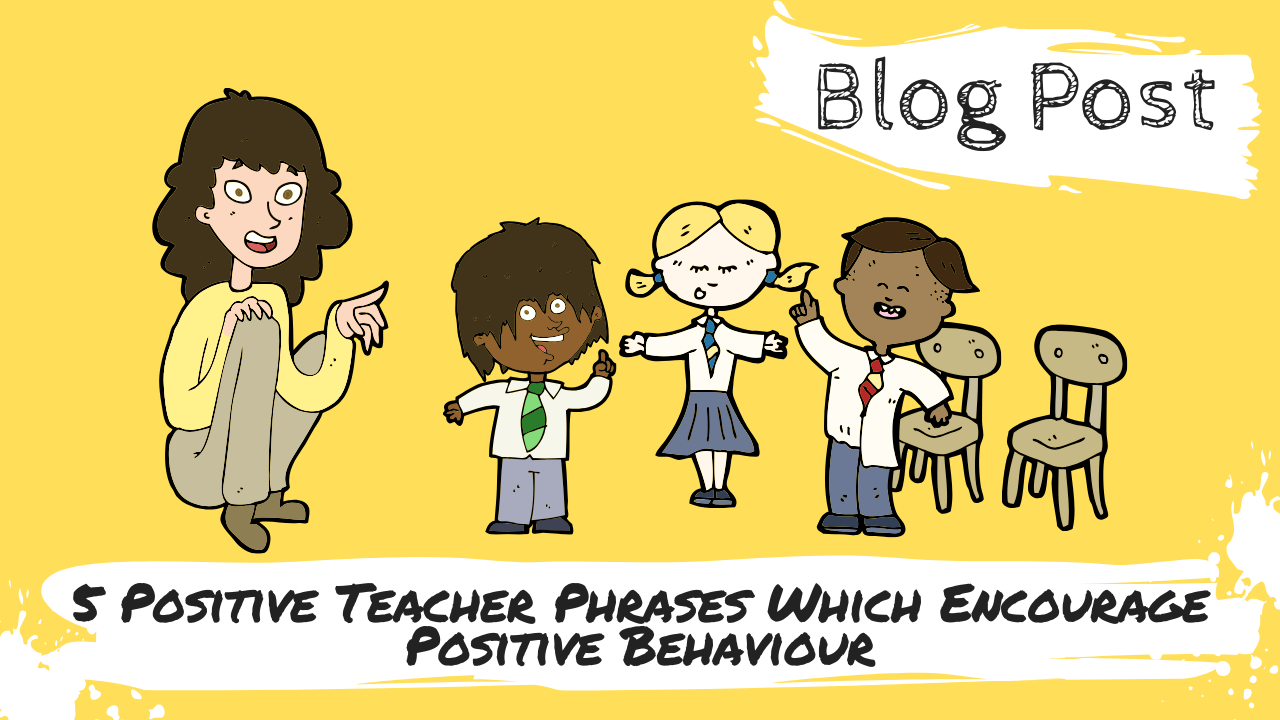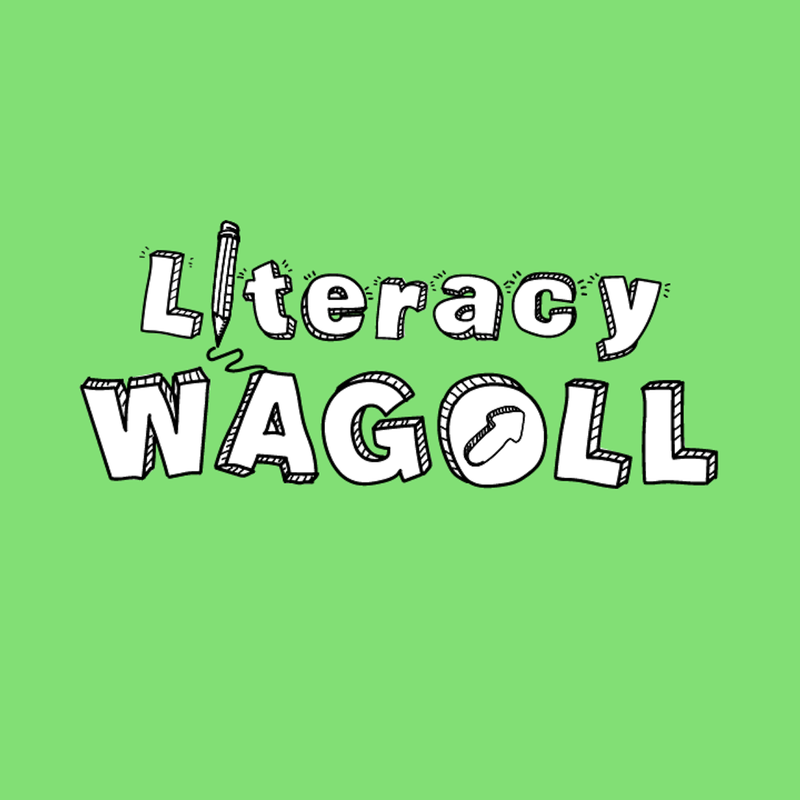|
The Antecedent-Behaviour-Consequence (ABC) Model is a tool that can help teachers examine behaviours. It breaks down the examination into the triggers behind those behaviours, and the impact of those behaviours. If a child wants attention (antecedent), they may shout out in class (behaviour). This results in them being spoken to about not shouting out (consequence). Without realising, the teacher has provided the child with their desire for attention. However, by understanding and identifying the antecedent or trigger, you can indirectly encourage positive behaviour. Sometimes, it is the small things we do and say, the antecedents, that can make all the difference! Some refer to this as the 'setting event' or a 'trigger'. Simply, the antecedent is anything that triggers a behaviour. No ice cream? I cry. Lots of ice cream? I cheer, get too excited and make myself sick! In the classroom, it could be anything from a teacher's question to the presence of another person or even a change of environment. When attempting to trigger a positive outcome, antecedents can be manipulated to foster certain behaviours - and most often this is in the things that we say as teachers. 'I'm feeling great about this lesson!'Sometimes, simply by telling a child you are excited about a lesson or activity can change their mindset too. Particularly for children with a mindset block on a specific subject, they can be encouraged to be more positive about a subject. A reluctant writer may approach a piece of writing in a more positive way just by telling them that you believe in them and you are excited to see their work. 'Thank you for putting your hand up!'
'I know you had the answer too, well done!'Everyone's hands are up! There are groans of over stretching from various members of the class, who are desperate to be the ones to tell you the answer. You pick the boy in the corner, whose face is slowly turning a deep pink due to the fact that he has forgotten to breath whilst desperately waiting for you to pick him. At that moment there is a huge release of air and disappointment from the other 28 children who also wanted a small snippet of your attention. Congratulate those who may also have had the correct answer. 'Were you going to say that too? Well done!' Not only will this further encourage children's participation in the discussion but they have received that positive praise they have been craving all along. 'You are playing so well.' We celebrate hard work in lessons and we praise positive attitudes to learning but do we ever congratulate children on playing well at break and lunch? Antecedents at these times are vital and play a huge part in the behaviour and relationships of children. Feeling nervous or intimidated by the playground can result in a child developing negative behaviours as a defence. Encourage great playing and social interactions through simple praise. Additionally, let them know why they are playing so well. Are they taking turns? Are the communicating clearly and fairly? Are they including everyone around them? If they know what the Success Criteria is for playing well, they can further develop these skills and focus on them. Praise one child for using great manners and, within a second, you will hear more pleases and thank yous than ever before! Short instructions, long phases of praise.Sit down please! Put your hand up. Try ensuring that any instruction or consequence of a potential negative behaviour is short. Place the emphasis on the positive consequence of sitting down and listening. In the example phrases, the attention given to praise far outweighs the instruction. Therefore, if a child wants more attention, they are encourage to seek out the prolonged praise through their behaviours.
2 Comments
4/12/2020 03:05:14 pm
Thanks for this sooooo useful. www.themuddypuddleteacher.co.uk
Reply
Izzah
10/10/2023 01:07:10 am
Thanks for the tips! Love them!
Reply
Leave a Reply. |
SearchWith a keen interest in the neuroscience and psychology of learning, WAGOLL Teaching is about sharing research alongside great, simple teaching ideas to a global teaching community.
Ben has been in education for over 10 years and is passionate about simplifying high quality teaching and learning through innovative and practical approaches in the classroom. sUBSCRIBE |
|
Who are we? |
With a keen interest in the neuroscience and psychology of learning, WAGOLL Teaching is about sharing research alongside great, simple teaching ideas to a global teaching community.
|
All copyright reserved ©.
I would like to remind all visitors to this website that all pages on this site are copyright protected, unless stated. Most importantly, this site is for the use and enjoyment of all children, parents, guardians, carers and teachers who are involved in WAGOLL Teaching. Please use the resources/ideas as you need without replicating them for your own gains.
I would like to remind all visitors to this website that all pages on this site are copyright protected, unless stated. Most importantly, this site is for the use and enjoyment of all children, parents, guardians, carers and teachers who are involved in WAGOLL Teaching. Please use the resources/ideas as you need without replicating them for your own gains.










 RSS Feed
RSS Feed


